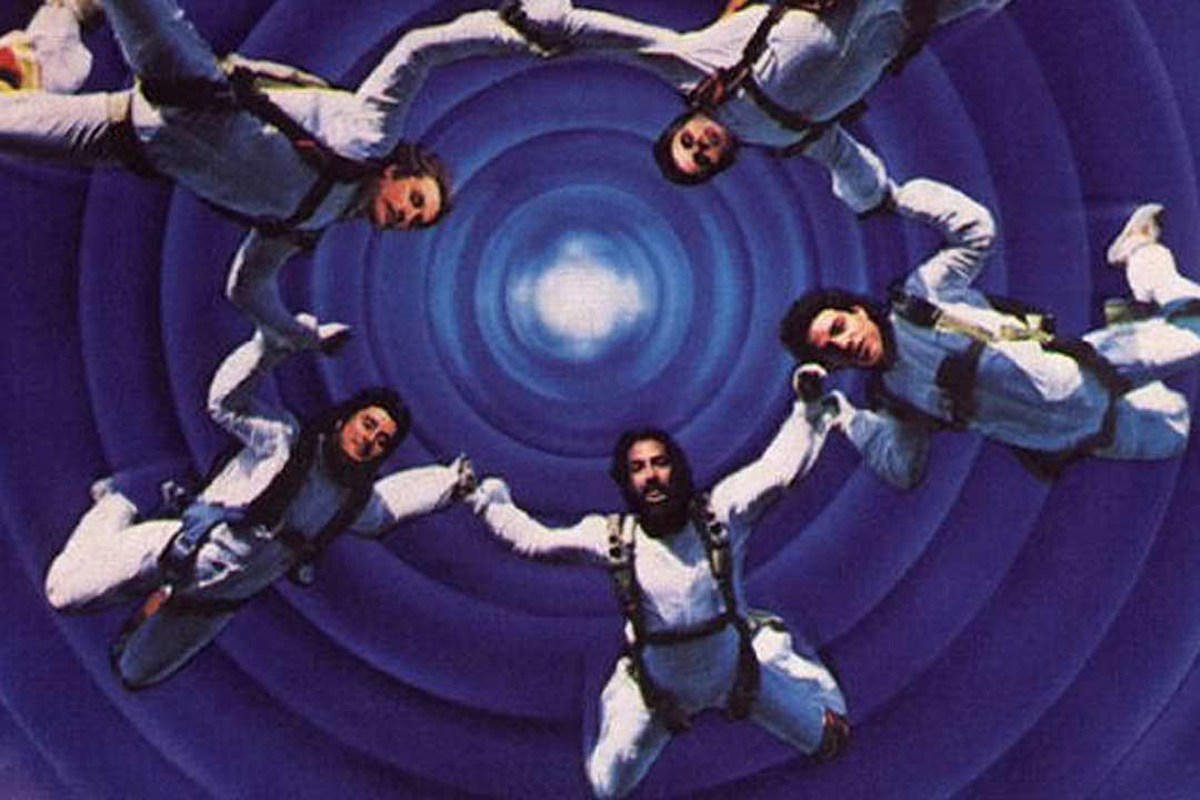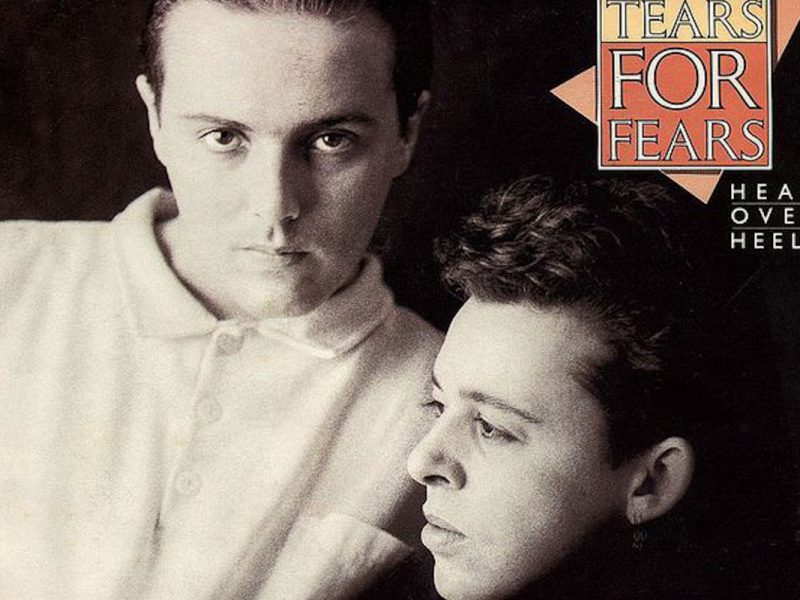Journey was coming off their biggest year ever when they started recording their eighth album, Frontiers.
Their previous LP, 1981’s Escape, contained their best set of songs, a consistent mix of radio-friendly pop and fist-raising rock that they had been striving for since 1975. The band was rewarded with its first (and only) No. 1 album and its all-time best seller – not counting 1988’s Greatest Hits collection – with more than nine million copies sold. So expectations were high when they stepped into a California studio to record the follow up.
But ever since their fourth album, 1978’s breakthrough Infinity, when they hired Steve Perry as singer, Journey hadn’t so much upgraded their sound as they had sharpened it. By the time they released Escape on Feb. 1, 1983, they weren’t making different records, just better ones. And they stuck by that foolproof plan for Frontiers.
Taking what worked on Escape (big pop hooks mixed with crowd-swaying ballads), tossing out what didn’t (excessive soloing by the band’s veteran musicians) and adding a glossy early-‘80s sheen that gave the album the group’s most state-of-the-art production, Journey crafted Frontiers by the hit-making playbook. More than anything, the record was designed to sell a lot of copies and to continue the roll they were on since Escape catapulted them to the top.
Watch Journey’s ‘Separate Ways’ Video
The plan halfway worked. The four singles released from the album – “Separate Ways (Worlds Apart),” “Send Her My Love,” “After the Fall” and “Faithfully” – all hit the Top 30, but “Separate Ways” was the only one to reach the Top 10. The LP itself hit No. 2 and eventually sold six million copies. But besides a handful of tracks, the songs don’t make much of an impression. The quintet left little breathing space in the music; they were so determined to make a hit record that most of the album sounds like it was manufactured in a sterile, pop-music factory.
Frontiers would be the last classic-lineup Journey record until a one-off reunion in the ’90s. By the time they got around to the follow-up, 1986’s Raised on Radio, two longtime members were fired, Perry had seized control of the group and the music sounded as faceless as the band’s critics had always claimed it was. Frontiers was the beginning of the end.
Rock’s 100 Most Underrated Albums
You know that LP that it seems like only you love? Let’s talk about those.
See Neal Schon Among Rock’s Forgotten Supergroups



